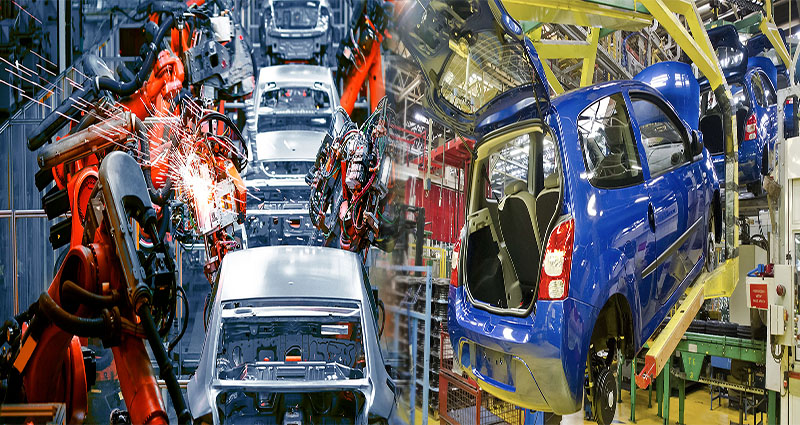The automotive industry is constantly evolving, with new technologies and trends shaping the way supply chain management is conducted. In recent years, several emerging trends have been making a significant impact on how automotive companies manage their supply chains.
1. Digitalization and Automation
One of the most prominent trends in automotive supply chain management is the increased focus on digitalization and automation. Companies are leveraging technologies such as Artificial Intelligence (AI), Internet of Things (IoT), and advanced analytics to optimize their supply chain processes. This includes real-time tracking of inventory, predictive maintenance of equipment, and automated decision-making processes.
2. Sustainability and Green Initiatives
With the growing emphasis on environmental sustainability, automotive companies are increasingly incorporating green practices into their supply chain management. This includes reducing carbon emissions, waste reduction, and promoting the use of renewable energy sources. Suppliers are also being held to higher environmental standards to ensure a more sustainable supply chain.
3. Supply Chain Visibility and Collaboration
Supply chain visibility has become a top priority for automotive companies, especially in light of recent disruptions caused by the COVID-19 pandemic. Companies are investing in technologies that provide end-to-end visibility across their supply chain, allowing them to anticipate and mitigate any potential disruptions. Collaboration with suppliers and partners is also becoming more important to ensure a smooth flow of materials and components.
4. Reshoring and Nearshoring
In response to supply chain disruptions and rising costs in traditional manufacturing hubs, many automotive companies are exploring reshoring and nearshoring strategies. This involves bringing production closer to their primary markets to reduce lead times, transportation costs, and dependency on distant suppliers. By localizing production, companies can also enhance their responsiveness to changing market demands.
5. Circular Economy Practices
The shift towards a circular economy is influencing automotive supply chain management, with companies focusing on reducing waste and promoting recycling and reusability. This includes remanufacturing parts, implementing closed-loop supply chains, and designing products for easy disassembly and recyclability. By adopting circular economy practices, automotive companies can create a more sustainable and cost-effective supply chain.
As the automotive industry continues to evolve, supply chain management will play a crucial role in ensuring operational efficiency, resilience, and sustainability. By embracing these emerging trends, automotive companies can stay ahead of the curve and adapt to the changing landscape of the industry.









